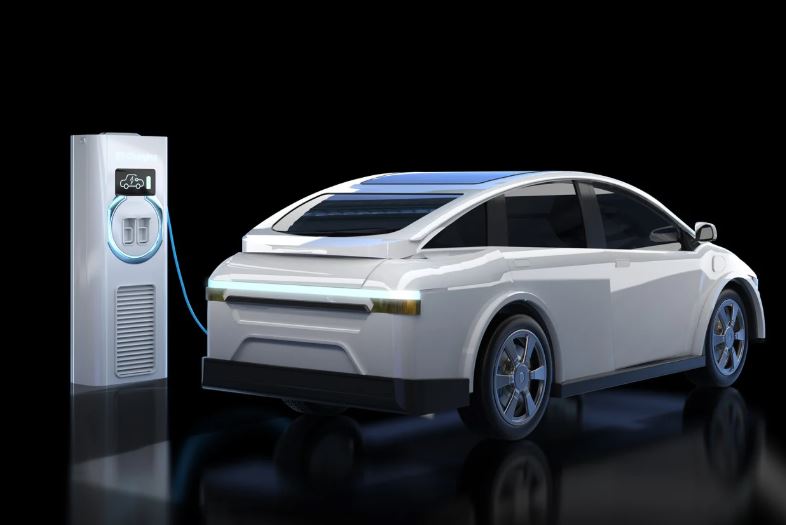Norway, already a global leader in electric vehicle adoption with EVs accounting for over 80% of new car sales in 2023, is facing significant grid management challenges. As the country pushes towards complete electrification of transport, the strain on its energy infrastructure intensifies, particularly during peak hours. Volue, a Norwegian tech company specializing in energy, energy markets, and sustainable technology, has entered into a noteworthy collaboration with the Norwegian EV charging association to address the strain through the promotion of grid-smart charging solutions.
Grid-smart charging, a critical innovation as the nation scales EV integration, refers to technology-enabled charging that utilizes grid capacity more efficiently by adjusting charging load according to real-time conditions and pricing. This initiative is part of a broader strategy to optimize energy consumption, decrease peak demand pressures, and ultimately, realize cost savings for consumers.
The current infrastructure in Norway, though robust, was not originally designed to accommodate the overwhelming and fluctuating demand from EVs. During peak periods, such as winter evenings, when the demand for heating surges, added EV charging can lead to critical load issues. According to Statnett, Norway’s national grid operator, the system faces instances where consumption approaches critical thresholds, risking grid stability and reliability.
Volue and the Norwegian EV Charging Association aim to mitigate these challenges by enabling dynamic pricing and load management through smart charging technology. The system incentivizes EV owners to charge their vehicles during off-peak hours by offering reduced electricity rates and employs algorithms to distribute charging loads in a way that aligns with grid demand.
However, the shift to grid-smart charging is not without its challenges. The success of these initiatives hinges on consumer acceptance, requiring a cultural shift in charging habits. While technology adoption is progressing, with an increasing number of EV chargers equipped with smart technology, user engagement remains variable. Surveys indicate that while 60% of EV owners are aware of smart charging options, a smaller percentage actively engage with them.
Another consideration is data security. With grid-smart charging reliant on data collection to function effectively, concerns around data privacy and cybersecurity must be comprehensively addressed to ensure consumer trust.
Nevertheless, the potential benefits are substantial. Load management strategies could reduce electricity costs by up to 30% for consumers and help Norway manage its grid more effectively, ensuring sustainability in its continued EV revolution. The collaboration between Volue and the Norwegian EV charging association marks a forward-thinking step towards a balanced and sustainable energy ecosystem, setting a precedent for other nations facing similar electrification pressures.
